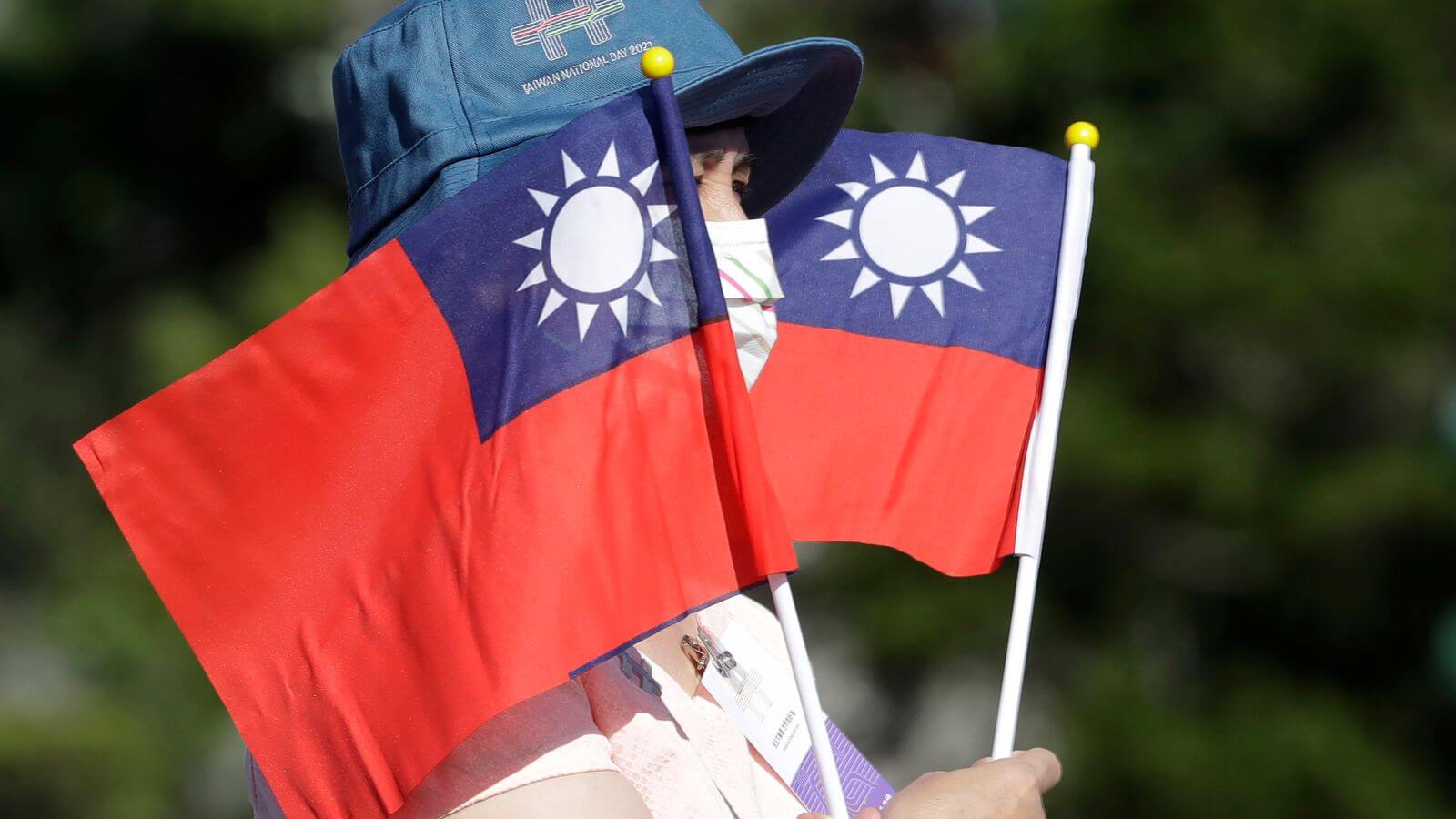The Chinese embassy in the United Kingdom (UK) issued a firm rebuke of the British Foreign Affairs Committee’s trip to Taiwan this week, saying it could send a “seriously wrong signal” to separatists calling for Taiwanese independence.
Calling it a “flagrant violation” of the one-China principle, a spokesperson for the embassy reiterated that Taiwan remains an “inalienable part” of China’s territory and denounced the UK’s “gross interference in China’s internal affairs.”
The spokesperson emphasised that the one-China principle is internationally recognised and lies at the core of diplomatic ties between China and the UK.
In this regard, he assured that China has made “solemn representations” to the UK and warned that any other such violations of the one-China principle “will be met with forceful responses.”
Embassy spokesperson on the visit to Taiwan by a delegation of the House of Commons of the UK Parliamenthttps://t.co/ZasIiKSDDY pic.twitter.com/Oo2daJD2A6
— Chinese Embassy in UK (@ChineseEmbinUK) December 1, 2022
Several Members of Parliament (MPs) from the UK’s Foreign Affairs Committee of the House of Commons are visiting Taiwan this week from Tuesday to Saturday. The Committee comprises political leaders from several parties, including the Labour Party and the Scottish National Party, and scrutinises government foreign policies.
The MPs will meet President Tsai Ing-Wen, Secretary-General of the National Security Council Wellington Koo, and President of the Executive Yuan Su Tseng-chang. In addition, they will convene discussions with business leaders and civil society groups.
Celebrating the visit, Conservative MP and the chair of the Committee Alicia Kearns said, “This visit to Taiwan has long been a priority for the foreign affairs committee.”
She added that the two sides have “shared ambitions” in clean energy, education, and other advanced new technologies and reassured the UK’s commitment to supporting its democratic partners.
According to the Taiwanese Ministry of Foreign Affairs, Taiwan raised concern about the “increasing authoritarian threats” and the “worrying issues at home and abroad.” Lamenting the security and economic challenges worldwide, Kearns emphasised the importance of fostering “constructive ties” with democracies such as Taiwan.
Minister Wu held a banquet for the #UK🇬🇧 @HouseofCommons delegation to #Taiwan🇹🇼. He compared notes with the MPs on increasing authoritarian threats & other worrying issues at home & abroad. All concurred that cooperation between democracies is more vital than ever. pic.twitter.com/KO7vfmUSEp
— 外交部 Ministry of Foreign Affairs, ROC (Taiwan) 🇹🇼 (@MOFA_Taiwan) December 1, 2022
She further emphasised the importance of the visit in light of the growing importance of the Indo-Pacific for the UK. Kearns stressed that since China has cut off dialogue with the UK, strengthening ties in the Indo-Pacific has become paramount.
“The Indo-Pacific, and the strength of our relationships in the region, is of huge importance to the UK. Within the Indo-Pacific region, Taiwan’s voice is unique and invaluable,” she remarked.
In this regard, Taiwanese Minister of Foreign Affairs Joseph Wu also welcomed the UK’s “Indo-Pacific tilt” through last year’s Integrated Review. He emphasised the importance of uniting like-minded allies against the spread of authoritarianism.
Visits to Taiwan by foreign delegations have become increasingly common since United States House Speaker Nancy Pelosi’s visit to Taiwan in August. Following the visit, China undertook several aggressive military manoeuvres and suspended various avenues of cooperation with the US and repeatedly warned of firm countermeasures.
In fact, China also opposed British Minister of State for Trade Policy Greg Hand’s visit to Taiwan last month. The British government described the visit as a “clear signal” of the its commitment to expanding ties with Taiwan, which it said is a “champion of free and fair trade underpinned by a rules-based global trading system.”
Minister Wu enjoyed talks with @medWMA leaders @DrEnabulele, Dr. Montgomery & Dr. @OtmarKloiber, focusing on our @WHO inclusion & the shared support for #Ukraine🇺🇦, health & democracy. With the assistance of #WMA, #Taiwan🇹🇼 will keep serving as a force for good in the world. pic.twitter.com/1MMIosMt4I
— 外交部 Ministry of Foreign Affairs, ROC (Taiwan) 🇹🇼 (@MOFA_Taiwan) December 2, 2022
In this regard, Foreign Ministry spokesperson Zhao Lijian urged the UK to “stop having any form of official interaction with Taiwan and stop sending wrong signals to ‘Taiwan independence’ separatist forces.”
According to the Chinese state-owned media outlet Global Times, Chinese President Xi Jinping cancelled his meeting with British Prime Minister (PM) Rishi Sunak along the sidelines of the G20 summit in Bali last month over the UK’s “provocative behaviours” on the Taiwan issue.
Just this week, British Prime Minister Rishi Sunak declared that the UK’s “golden era” of friendship with China has ended.
Ongoing protests in China against the Zero-Covid measures and lockdowns are another cause of friction between the two countries, particularly after a BBC journalist was assaulted and briefly arrested. On Wednesday, the Foreign Office summoned Chinese Ambassador Zheng Zeguang to protest the incident.
However, Chinese foreign ministry spokesperson Zhao Lijian denied the report of the assault as a “serious distortion of facts.” He accused the BBC of “(twisting) the story…to try to paint China as the guilty party.”
The two countries were also at odds in October after a Chinese diplomat physically assaulted a Hong Kong pro-democracy protestor outside the Manchester consulate.
China maintains that Taiwan is integral to its territory despite Taipei declaring independence during the 1949 civil war. Taipei has established formal diplomatic ties with merely 14 countries, a list that does not include the UK, the US, or any other Western powers.
Reports suggest that China is conducting a massive modernisation of its military by 2027 in preparation to forcefully reunify Taiwan with mainland China.

